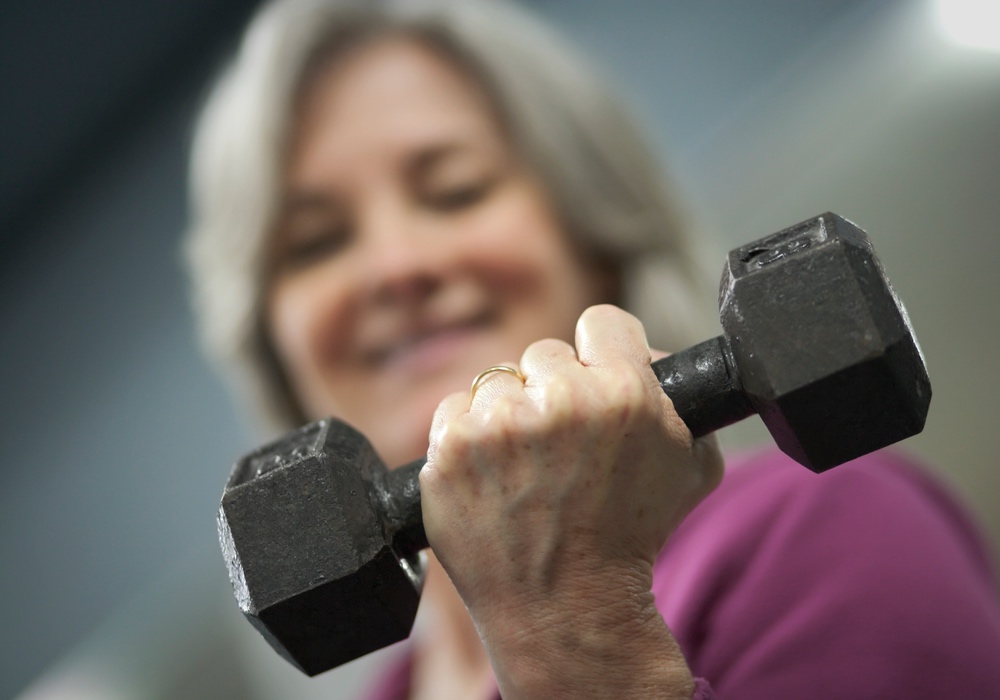You can cut your carbs, and reduce your fat, but don't skimp on protein, especially if you are of a seasoned age. New research suggests that eating protein improves muscle mass and strength in aging adults, and that, in turn, can lead to more successful aging.
Researchers used data from the Framingham Osteoporosis study to track how eating protein affects a person’s muscle mass. Eating more protein was associated with improved muscle health and greater strength among older adults, regardless of whether the protein came from animal foods or plant foods.
It has long been known that protein improves muscle mass and strength, but according to Kelsey M. Mangano, lead author of the study, it has been unclear whether one source of protein — plant or animal — was better than another. This study suggests that it doesn't matter. Eating more protein from any food source brings benefits.A decrease in muscle mass and strength is a normal, but not inevitable, part of aging, and it can lead to problems with the muscles needed for mobility as well as the heart and respiratory muscles.
Age-related mobility issues are a major burden to individuals and families, and they can lead to disabilities and an increased chance of dying. For example, a hip fracture greatly increases the risk of death. Older adults who suffer a hip fracture are two to eight times more likely to die within months after the fracture than someone of a similar age who never experienced a fracture.
To maximize your protein intake, choose a diet that includes meat, poultry, fish, dairy, legumes like cannelini, pinto or black beans; and peas, nuts, whole grains and vegetables. If you are a vegan or vegetarian, you can still meet your protein needs with a variety of dry beans and peas, soy products, nuts, whole grains and vegetables. Variety is the key.
Should you want to offset that natural decline in muscle mass that occurs as you age and extend your years of independent living, combine eating plenty of protein with exercise, particularly resistance training.
The study is published in the American Journal of Clinical Nutrition.





